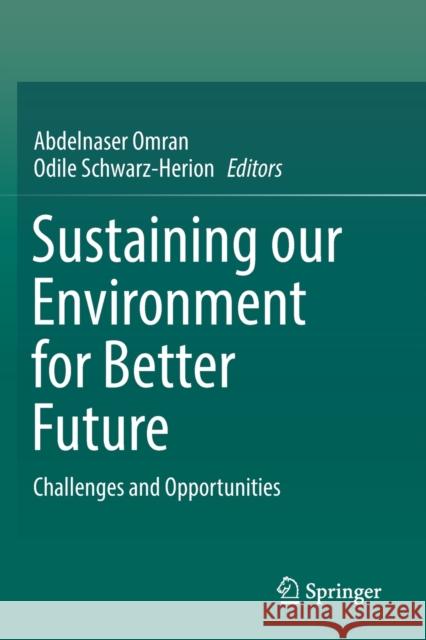Sustaining Our Environment for Better Future: Challenges and Opportunities » książka
topmenu
Sustaining Our Environment for Better Future: Challenges and Opportunities
ISBN-13: 9789811371608 / Angielski / Miękka / 2020 / 257 str.
Sustaining Our Environment for Better Future: Challenges and Opportunities
ISBN-13: 9789811371608 / Angielski / Miękka / 2020 / 257 str.
cena 362,27
(netto: 345,02 VAT: 5%)
Najniższa cena z 30 dni: 346,96
(netto: 345,02 VAT: 5%)
Najniższa cena z 30 dni: 346,96
Termin realizacji zamówienia:
ok. 16-18 dni roboczych.
ok. 16-18 dni roboczych.
Darmowa dostawa!
Kategorie BISAC:
Wydawca:
Springer
Język:
Angielski
ISBN-13:
9789811371608
Rok wydania:
2020
Wydanie:
2020
Ilość stron:
257
Waga:
0.40 kg
Wymiary:
23.39 x 15.6 x 1.52
Oprawa:
Miękka
Wolumenów:
01
Dodatkowe informacje:
Wydanie ilustrowane











